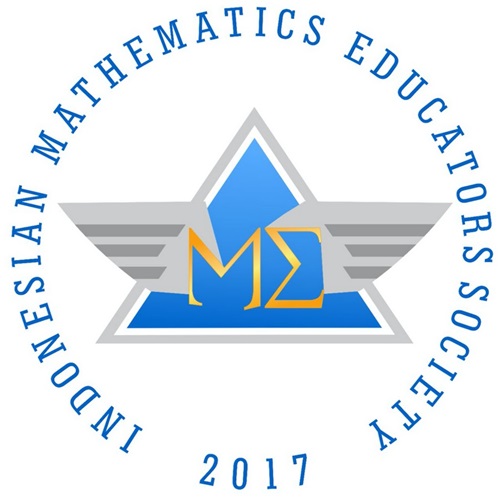Pengembangan Buku Ajar Matematika Ekonomi Berbasis Problem Based Learning yang Mendukung Kemampuan HOTS Mahasiswa
DOI:
https://doi.org/10.22437/edumatica.v8i2.5496Abstract
Penelitian ini bertujuan untuk menghasilkan dan mendeskripsikan kualitas buku ajar matematika ekonomi berbasis problem based learning mendukung kemampuan HOTS mahasiswa berdasarkan kriteria valid, praktis, dan efektif. Model pengembangan yang digunakan dalam penelitian ini yaitu model Four-D (4-D) yang terdiri dari empat tahap yaitu definisi, desain, pengembangan, dan penyebaran. Subjek ujicoba terbatas adalah satu orang dosen dan 20mahasiswa pendidikan matematika FKIP Universitas Jambi.Sedangkan subjek uji coba lapangan dilakukan pada satu kelas yaitu kelas mahasiswa regular di prodi pendidikan matematika, tahun pelajaran 2016/2017.Hasil penelitian menunjukkan bahwa buku ajar dan intrumen penelitian memenuhi kriteria valid. Hal ini dapat ditunjukkan dari presentasi skor rata-rata penilaian ahli untuk buku ajar matematika ekonomi yaitu sebesar 84,3%, sedangkan persentasi skor rata-rata untuk instrumen penelitian yaitu sebesar 82,8%. Buku ajarpenelitian memenuhi kriteria kepraktisan berdasarkan penilaian oleh dosen yang termasuk dalam kategori baik.Buku ajar dan instrument penelitian memenuhi kriteria keefektifan berdasarkan hasil uji coba lembar observasi aktivitas mahasiswa yang memenuhi kriteria baik yaitu 85,6%, hasil tes higher order thingking skills sebesar 84,2%, dan respon mahasiswa positif sebesar 85,4%. Berdasarkan hasil yang disebutkan diatas maka produk berupa Buku ajar matematika ekonomi pembelajaran yang dikembangkan telah memenuhi kriteria valid, praktis, dan efektif, sehingga layak untuk digunakan.
Kata Kunci: Pengembangan, Buku Ajar,Matematika Ekonomi,Problem Based Learning, dan Higher Order Thingking Skills (HOTS).
This research aims to produce and describe the quality of problem-based learning based economics mathematics textbooks supporting the ability of HOTS students based on valid, practical, and effective criteria. The development model used in this study is the Four-D (4-D) model which consists of four stages, namely definition, design, development, and dissemination. The subject of limited trials was one lecturer and 20 mathematics education students from the FKIP Jambi University. While the subject of field trials was conducted in one class, namely the regular student class in the mathematics education program, 2016/2017 school year. The results show that textbooks and research instruments meet valid criteria. This can be shown from the presentation of the average score of the expert assessment for the economic mathematics textbook that is equal to 84.3%, while the percentage of the average score for the research instrument is 82.8%. The research textbook fulfills the practicality criteria based on the assessment by the lecturers who are in the good category. Textbooks and research instruments meet the criteria of effectiveness based on the results of the observation sheet of the activity of students who meet good criteria of 85.6%, the results of higher order tests thingking skills are 84.2%, and positive student responses are 85.4%. Based on the results mentioned above, the product in the form of a learning economics mathematics textbook developed has met the criteria of valid, practical, and effective, so that it is suitable for use.
Keywords: Development, Textbooks, Mathematical Economics, Problem Based Learning, and Higher Order Thingking Skills (HOTS).
Downloads
Downloads
Published
Versions
- 2018-11-08 (1)
- 2018-11-08 (1)






